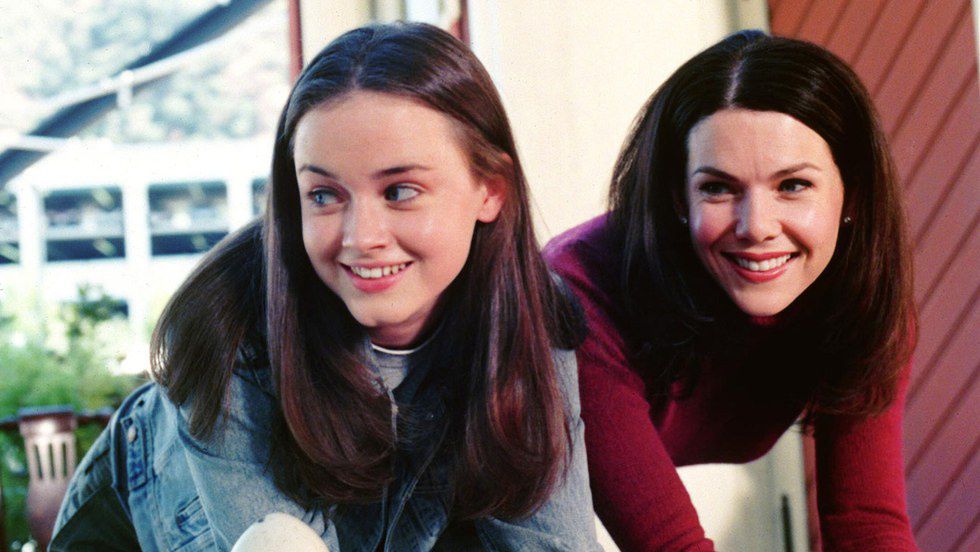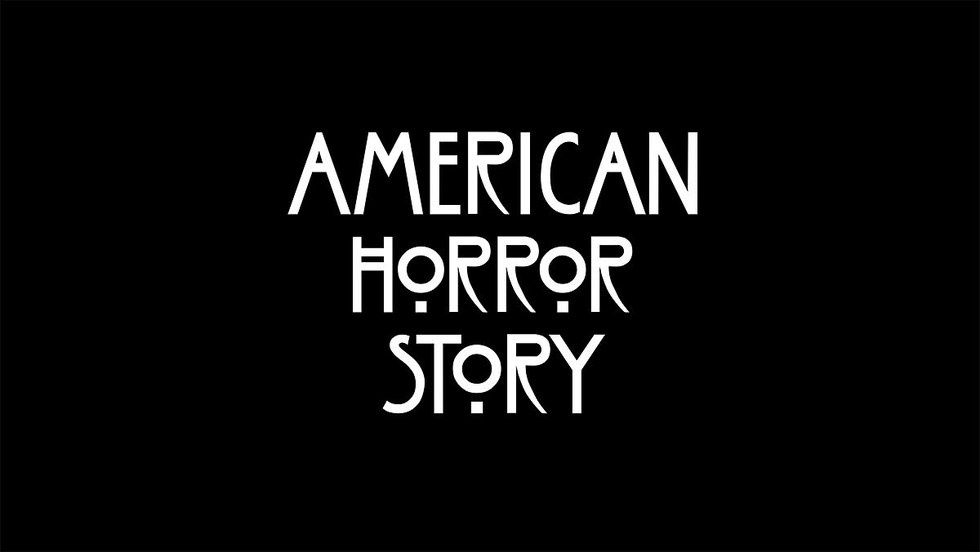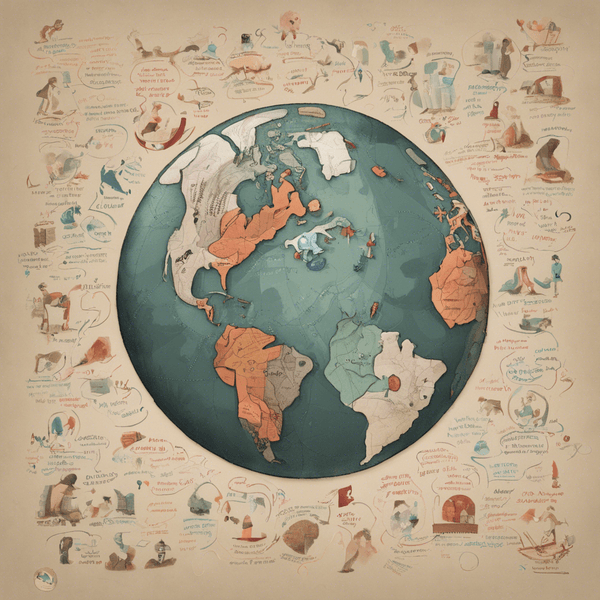Like how job seekers learn how to write cover letters, literary authors learn how to write query letters to match their credentials to publishers. An author's debut story takes up most of the challenge into finding an agent willing to sell their story as the nation's next best-selling book. Before I could ever take a step forward as a writer outside of his blogs, I would like to learn more from C.S. Lakin's article ("Why Did I Get a "No"?- The Dos and Don'ts of Query Letter Writing) to get the best sense of my storytelling potential. I don't have the exact answer for the growing writer's best timing into becoming a published author, but exploring the tips bit-by-bit might give an approximation.
When you find a well-read publisher, they expect you to be well-written. An query letter should start with one or two sentences that give the deciding agent ideas of a manuscript's working title and its genre. Like applying for a job, you're letting the agency know that you have a manuscript following their submission guidelines. If I could plan my writing and revising after a finished manuscript, my next step of the research would be finding manageable deadlines.
After a deadline is found according to the submission guidelines, I can spend more time on the letter's body. When it comes to the language, I cannot personalize with endless compliments to one literacy agent. It takes more time if you seek approval of one publishing company than making multiple submissions at others. It would be steering away from the focus of my work. If the agent wants to read some of the most interesting details of my story, I just have to make sure not to give away too many spoilers. I might want to highlight the psychological aspects of characters or send an overall satirical message on a future book. How much is too much details? C.S. Lakin said it best and straight-forward: "A manuscript should not exceed 120,000 words."
Whenever you can perfect your résumé or any past cover letter, you can also polish an query letter by fitting it all into one full page without a single grammar mistake. Even a simple missing comma can lose the agent's interest. By the end of a letter, you would have to thank the publisher for considering and taking the time into reading your manuscript. Their acceptance takes a process of editors-in-chief and executives discussing over which submission is "going to be the next best-seller."
I have no doubt that finding myself a writing career is highly-competitive, but I still believe it's all about timing. I still have no idea what to write a novel about. Currently, I'm leaning towards more in the works of a poetry collection. I have my journals to provide me some ideas of a memoir. We all have to start somewhere, right?



























